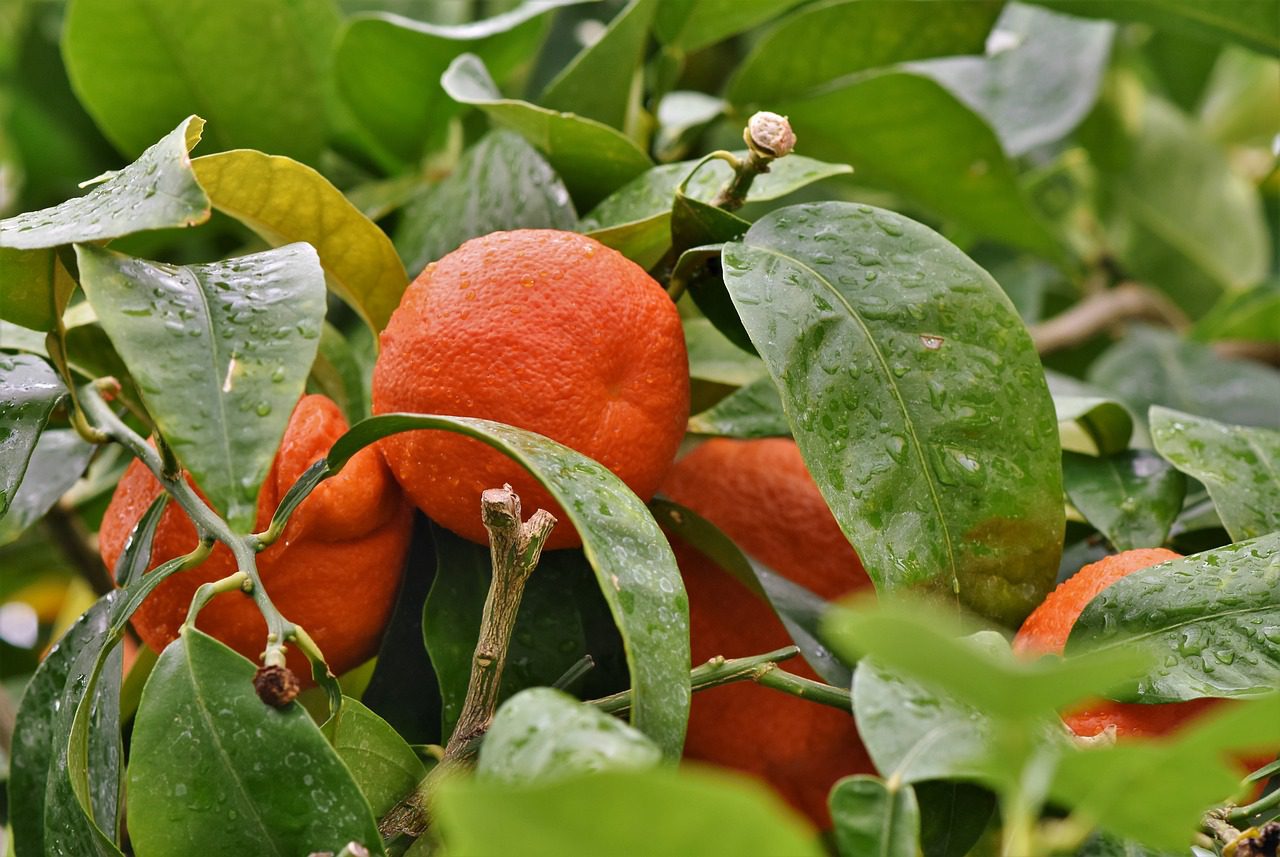Citrus Individual Protective Covers, or IPCs, offer a slew of advantages, and a few disadvantages, for protection against citrus greening.
Florida citrus growers looking to help young trees combat citrus greening may do well to consider Citrus Individual Protective Covers, or IPCs, for their new plantings and resets. IPCs are a less expensive alternative to CUPS. A Citrus Industry article looked at the results of a University of Florida Institute of Food and Agricultural Sciences (UF/IFAS) field trial that began in February 2018 and compared the benefits and drawbacks of IPCs. See the details of the study below.
Advantages of Citrus Individual Protective Covers
Citrus IPCs are mesh bags of different sizes that are placed over the young citrus tree, keeping the Asian citrus psyllid (ACP)—the insect vector that spreads citrus greening when it feeds on citrus trees—away from young trees. Advantages of IPCs observed in the field trial include:
- IPCs offer an alternative to soil drench and foliar insecticides, which create consumer concerns over the threat to human health and the environment and some psyllids are becoming resistant to.
- They protect the trees from other harmful insects.
- IPCs keep trees psyllid-free.
- They keep trees free of bacteria that causes citrus greening into the productive stage.
- They modify the atmosphere within the covered canopy by lowering the vapor pressure deficit (VPD), This causes the air within the covered canopy to contain more moisture, which lets the stomata to remain open, and thus extends the duration of active photosynthesis. Consequently, according to the article, the “canopy was denser, the leaf area was larger, leaf chlorophyll content was higher, and trees flushed earlier, more intensely and in a more synchronized pattern,” in trees under IPCs.
- IPC use leads to less cumulative leaf drop.
Disadvantages of Citrus Individual Protective Covers
There are some drawbacks to IPC use in citrus. Disadvantages include:
- The cost of the bags, especially if more than one size will be needed.
- The restricted space under the IPC results in the bending of branches and overcrowding, meaning bigger bags will be needed.
- The IPCs did not protect againstscales, mites, leafrollers, aphids and armyworms, meaning some insecticide applications would still be necessary.
The article maintained that IPCs may be most beneficial at the outer edges of groves, where ACP populations are greatest.
Griffin Fertilizer is committed to helping both growers and ranchers make sound agronomic and economic decisions in order to maximize the health of their grove and pasture. As a full-service custom dry & liquid fertilizer blender and crop protection product distributor, we will continue our mission to further advance Florida agriculture. For questions or concerns about your farm or pasture, contact us and one of our team will be in touch.

